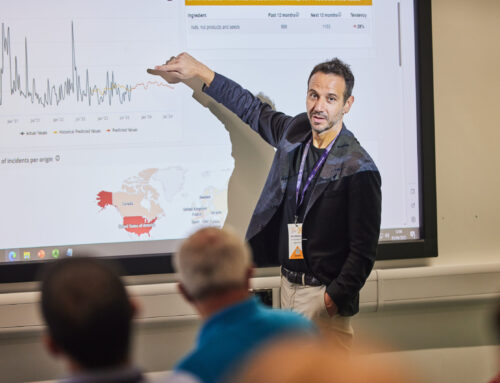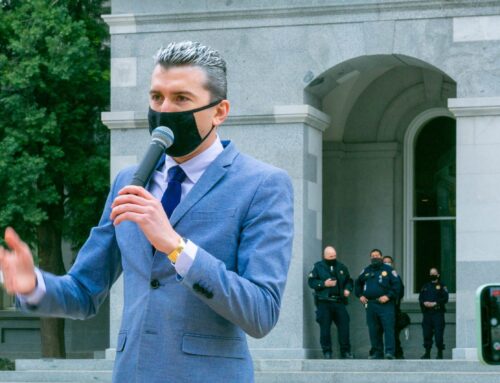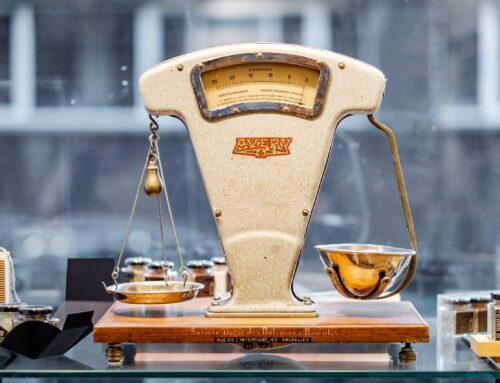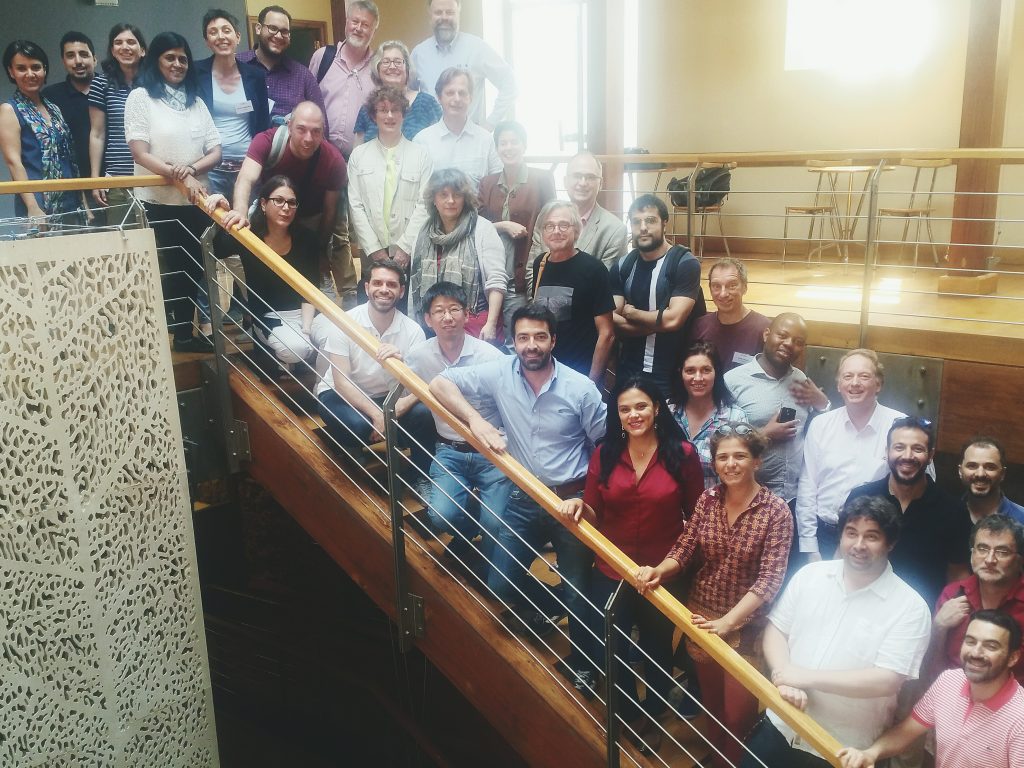
From Crete, to London, to Sofia. I feel that during the past 30 days, some tectonic movements took place in our area of work. Our Open Harvest came first, assembling and connecting 30 handpicked experts from around the world. Offering them an oportunity and an environment to talk about enhancing collaboration, identifying elements of a common agenda, and sending a message to the rest of the world that the people that work on topics related to agriculture and food data management and sharing want to collaborate more. The experience was fulfilling, the outcome has been amazing: the Chania Declaration calls for stronger connections, more sharing, better alignment of the public and private sector.
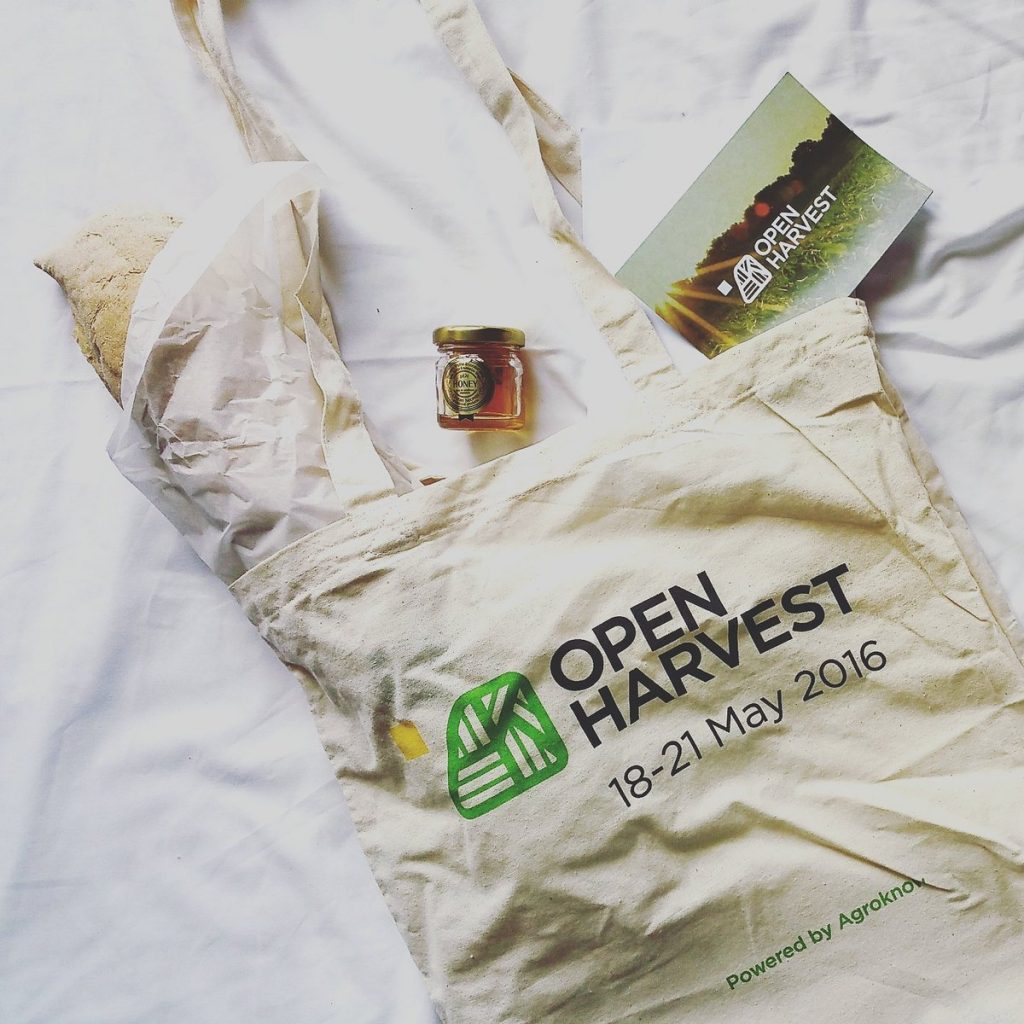
(Some of the) Takeaways from a wonderful Open Harvest…
And the message was carried on and made louder. The back-to-back workshops on data ecosystems by the Global Open Data in Agriculture and Nutrition (GODAN), Syngenta and the Open Data Institute (ODI) in London the week after Open Harvest, built on the discussions that took place in Crete and raised awareness even more. Linking to some tangible outputs: a GODAN Working Group on Data Ecosystems that Agroknow will lead; a discussion paper on Data Ecosystems for Agriculture that Dean Allemang is authoring with support by Syngenta; a statement for the annual GODAN Summit taking place in New York.
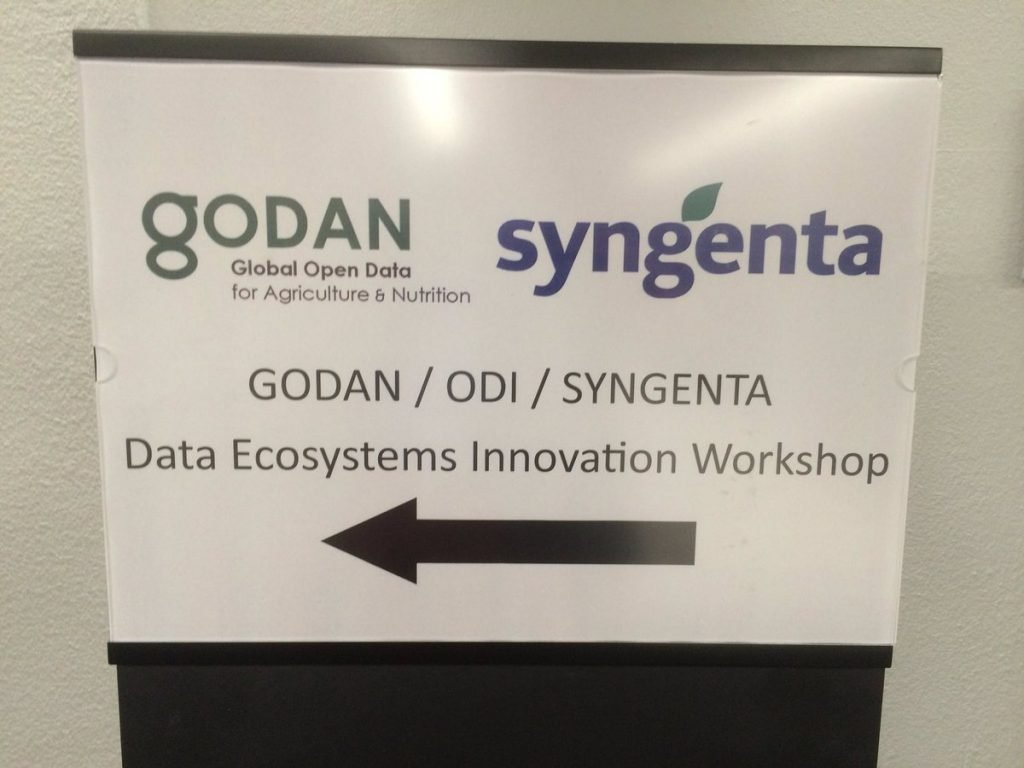
Data ecosystems innovation straight ahead
It goes on. The EIP AGRI Data Revolution Seminar in Sofia, getting together more than 100 people discussing about data business models in agriculture. The Agrihackathon in Montpellier and the Wheat Datathon in Athens. The 2-day workshop on Digitalising Agriculture workshop that DG AGRI is organizing to inform the design of its next funding Work Programmes. Data-intensive agriculture and food is becoming a big issue, our community is getting worldwide attention, people talk about ways in which you can discover, connect and deliver information from multiple locations to a variety of applications. Which is what we do for the past 8 years. And this is why we will continue to lead this discussion. And harvest new ideas about how our world may become a better place using data.


